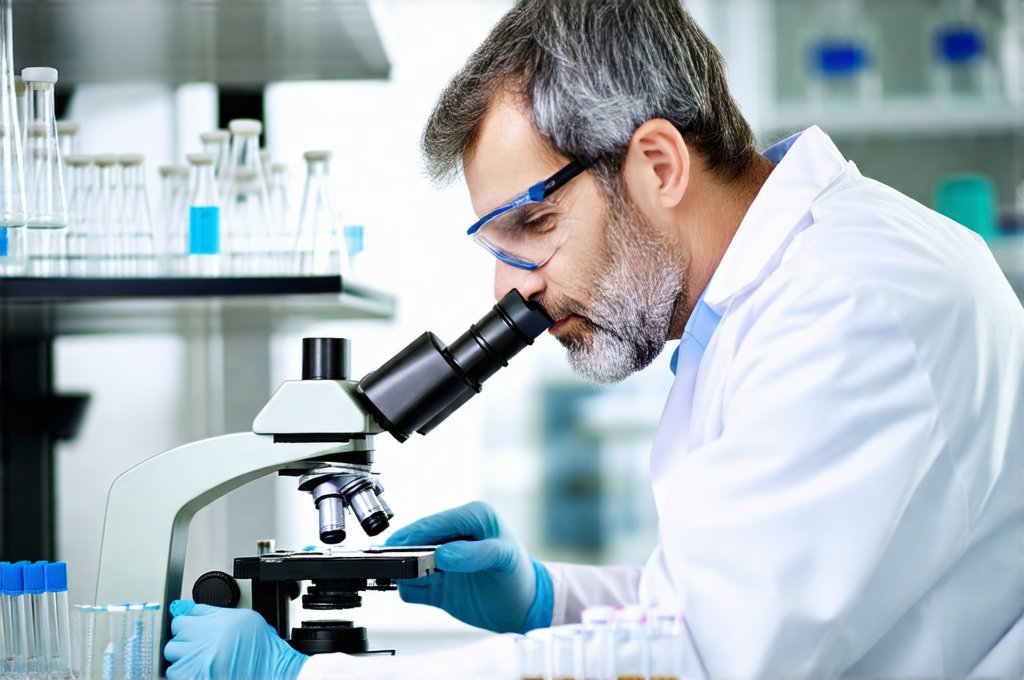Intense physical exercise, while beneficial for overall health, places significant stress on the body, leading to fluid loss through sweat and altered metabolic processes. This can disrupt electrolyte balance and impact kidney function, ultimately affecting urine output—sometimes resulting in too little, or conversely, a rapid and potentially destabilizing increase. The immediate post-exercise period is crucial for recovery, not just for muscle repair but also for restoring physiological equilibrium. What we consume during this window plays a pivotal role in stabilizing these systems, including ensuring appropriate hydration and supporting healthy kidney function to regulate urine production effectively. Ignoring nutritional needs after strenuous activity can prolong recovery time, increase the risk of injury, and compromise future performance.
The focus often lands on protein for muscle repair, but equally important is a strategic approach to carbohydrate intake, electrolyte replenishment, and fluid balance. Specific food choices can actively support kidney function and help maintain healthy urine output levels. This isn’t simply about drinking water; it’s about understanding how different nutrients interact within the body post-exercise, influencing hormonal responses, cellular hydration, and ultimately, the delicate balance required for optimal recovery. A well-planned ‘quick recovery meal’ should prioritize ingredients that facilitate this stabilization, moving beyond basic rehydration to address the broader physiological demands of intense exertion. Understanding balanced lunches can also help plan your post exercise meals.
The Science Behind Post-Exercise Urine Output & Recovery Meals
The fluctuations in urine output following exercise are complex and influenced by several factors. During exercise, antidiuretic hormone (ADH) secretion is often suppressed to prevent excessive fluid retention, leading to increased urination before and during activity. After exercise ceases, ADH levels typically rise, prompting the kidneys to reabsorb water and reduce urine production. However, if dehydration is significant or electrolyte imbalances are present, this process can be disrupted. Intense exercise also creates metabolic byproducts that the kidneys must filter, increasing their workload. A recovery meal’s role here isn’t just hydration but providing the building blocks for kidney function and mitigating stress on these vital organs.
Carbohydrates play a crucial role in replenishing glycogen stores depleted during exercise, but they also influence fluid balance. Carbohydrates are stored with water (glycogen is approximately 75% water), so consuming carbohydrates post-exercise helps draw water back into muscle cells, aiding rehydration and reducing urine output as the body prioritizes restoring energy reserves. Sodium intake is equally vital; sweat contains significant amounts of sodium, and replacing these losses is essential for maintaining fluid balance and nerve function. Without adequate sodium, the kidneys may excrete more water to maintain proper electrolyte concentrations.
Finally, certain nutrients have inherent properties that support kidney health. Potassium helps regulate blood pressure and supports healthy kidney function, while magnesium is involved in numerous enzymatic processes vital for cellular recovery. Incorporating foods rich in these micronutrients into a post-exercise meal can further enhance the body’s ability to stabilize urine output and facilitate overall recovery. It’s important to note that individual needs vary based on exercise intensity, duration, environmental conditions (heat, humidity), and personal physiology – making personalized hydration and nutrition strategies paramount. Knowing when urine leakage needs medical attention can also help you monitor your health.
Building the Ideal Quick Recovery Meal: Key Ingredients & Combinations
The ideal quick recovery meal shouldn’t be a daunting process; it can be simple, effective, and tailored to individual preferences. Focusing on whole, unprocessed foods is key. A good starting point includes a source of easily digestible carbohydrates (like fruit or sweet potato), lean protein (Greek yogurt, chicken breast, or tofu), and healthy fats (avocado or nuts). Electrolyte replenishment can be achieved through naturally occurring sources like coconut water, bananas, or adding a pinch of sea salt to the meal.
- Hydration is Paramount: Water remains the foundation, but consider incorporating electrolyte-rich beverages like coconut water or diluted sports drinks if your workout was particularly intense or prolonged.
- Carbohydrate Timing: Aim for 0.8–1.2 grams of carbohydrates per kilogram of body weight within the first 30-60 minutes post-exercise to maximize glycogen replenishment.
- Protein Power: Include around 20-30 grams of protein to initiate muscle repair and recovery.
Beyond these basics, consider incorporating foods with specific properties that support kidney function. For example, watermelon contains citrulline, an amino acid that promotes vasodilation and may aid in kidney health. Berries are rich in antioxidants which can combat oxidative stress induced by exercise. And cucumbers provide hydration along with essential vitamins and minerals. The combination of these elements – strategic macronutrient timing, electrolyte balance, and nutrient-dense foods – will create a quick recovery meal designed to stabilize urine output and accelerate overall recovery. If you notice foamy urine, it is important to understand the potential causes.
Optimizing Hydration Strategies
Hydrating isn’t just about the volume of fluid consumed but when and how you hydrate. Pre-exercise hydration sets the stage for performance and reduces the risk of dehydration during activity. During exercise, sip water or electrolyte beverages regularly, especially in hot conditions. Post-exercise is where strategic rehydration truly shines. Instead of chugging large volumes of water immediately after exertion, aim for smaller, more frequent sips. This allows the body to absorb fluids more effectively and minimizes the risk of hyponatremia (low sodium levels).
- Electrolyte Balance: Sodium, potassium, magnesium, and calcium are all lost through sweat and need replenishing. Sports drinks can be helpful but often contain added sugars; consider alternatives like coconut water or electrolyte tablets.
- Urine Color as an Indicator: A pale yellow urine color generally indicates adequate hydration, while dark yellow suggests dehydration. However, vitamin supplementation can sometimes alter urine color.
- Individualized Hydration Plans: Factors such as body weight, sweat rate, and exercise intensity influence individual fluid needs. Experiment to determine what works best for you.
Fueling Kidney Function with Specific Nutrients
Supporting kidney health requires a focus on nutrients that directly contribute to their function. Potassium is vital for maintaining electrolyte balance and regulating blood pressure – both crucial for healthy kidney function. Foods rich in potassium include bananas, sweet potatoes, spinach, and avocados. Magnesium plays a role in numerous enzymatic processes within the kidneys and supports overall cellular recovery. Leafy green vegetables, nuts, seeds, and whole grains are excellent sources of magnesium.
- Antioxidant Power: Exercise generates free radicals that can damage kidney cells. Incorporating antioxidant-rich foods like berries, cherries, and dark chocolate helps combat oxidative stress.
- Hydrating Foods: Watermelon, cucumbers, and celery not only provide hydration but also contain essential vitamins and minerals that support kidney function.
- Limit Processed Foods & Excessive Protein: High intakes of processed foods and excessive protein can place an additional burden on the kidneys, hindering their ability to filter waste effectively.
Practical Meal Ideas for Quick Recovery
Here are a few examples of quick recovery meals designed to stabilize urine output:
- Greek Yogurt with Berries & Nuts: Provides protein, carbohydrates, antioxidants, and healthy fats. Add a pinch of sea salt for electrolyte replenishment.
- Sweet Potato Toast with Avocado & Egg: Offers complex carbohydrates, healthy fats, and protein. Sprinkle with red pepper flakes for an extra kick.
- Banana & Peanut Butter Smoothie with Coconut Water: A quick and easy option providing carbohydrates, potassium, healthy fats, and hydration. Add a scoop of protein powder if desired.
- Chicken Breast Salad with Quinoa & Cucumber: Lean protein, complex carbs, hydrating vegetables and essential nutrients for recovery.
These meals are not only effective but also customizable to suit individual preferences and dietary needs. Remember that the key is to prioritize nutrient-dense foods, strategic hydration, and electrolyte balance – all of which contribute to a faster, more complete recovery process. Monitoring urine flow can help you understand how your body recovers from exercise.





















